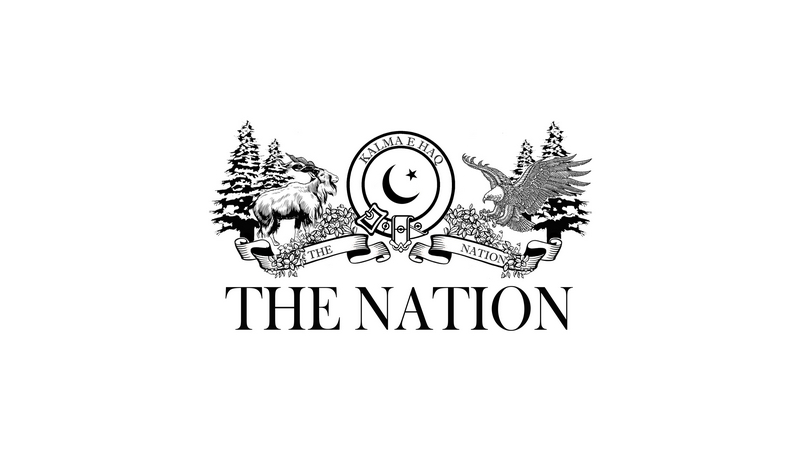
Brexit and its impact on Pakistan
After forty-seven years, the United Kingdom once again emerged as an ‘independent and free’ nation on the world map. In fact the UK has a long
https://nation.com.pk/Columnist/sheikh-jawad-hussain
Sheikh Jawad Hussain
After forty-seven years, the United Kingdom once again emerged as an ‘independent and free’ nation on the world map. In fact the UK has a long history with Europe encompassing centuries. This history is made up of wars and peace pacts and the typical love-hate relationship. During all these times, the UK has passed through many ups and downs that include the journey from Churchill’s blood drenched Britain to Boris Johnson’s solitary and disengaged Britain.
In 2016, 52 percent British citizens voted for leaving the European Union while 48 percent recorded their protest by voting against this proposal. I had the opportunity of witnessing all these phases from very close proximity. My observations, analysis and even public opinion polls say that a majority of the people who voted for the exit weren’t fully aware of the repercussions of Brexit.
Some people supported Brexit because they were of the view that Brexit meant the exit of foreigners from England while some thought that it entailed kicking out Muslims from Britain. After many ups and downs, this process was finally completed. While some welcomed this with open arms, there were quarters where this news wasn’t received as joyfully. What will Brexit mean for Pakistan, as this step will affect Pakistan just like the rest of the world. Presently, millions of Pakistanis are residing in Britain.
Pakistan’s economic development and current account surplus depends on foreign remittances. Any factor influencing the economic position of these Pakistanis, whether positively or negatively, will have directly a proportionate impact on Pakistan’s economy. At the same time, Europe is a significant market for Pakistan. The share of the European market in overall exports of Pakistan is around 21 percent. Only 7 percent of GDP is earned from exports which is already dangerously low. In 2013, Pakistan was awarded the GSP status and as a result, Pakistan’s exports rose from $6.21 billion to $6.67 billion in 2014, but in 2015 exports again declined to $ 6.67 billion.
Whether Pakistan will be able to register an increase in its exports or will there be a decline after Brexit, remains to be seen. Pakistan has to take concrete steps for increased economic independence. This cannot be achieved without promotion of trade and tourism. Those Pakistani students who travel to the UK for higher education need to keep an eye on the new policies of Britain. Moreover, growing Islamophobia is going to greatly impact the lives of Pakistanis and the Muslims residing in Britain.
The European Human Rights laws are shielding the Muslim community to some extent, hopefully things will move in a positive direction. However, many Pakistanis are scared; due to a low number of Europeans in the UK, the overall temperament of peaceful coexistence that currently prevails in the British society may get adversely affected due to new laws. If this happens it might take years but it will be an immense challenge for the Muslims in Britain. If we consider the positive aspects of this move, then Pakistan ought to take full advantage of this situation since Pakistan no longer has to take Europe into confidence for conducting trade and expanding relations with Britain. Pakistan can enter into agreements with Britain with full confidence. After America, Russia and China; Britain and Germany are indisputably quite influential in international affairs. Pakistan can get the Kashmir issue resolved with the help of Britain’s influence. Britain’s support and access to the British market can help Pakistan get back on its feet in the economic sphere. Pakistan needs to take a leaf out of Turkey’s book in this regard. Recently Turkey and Britain have signed deals amounting to billions of pounds. This will be a milestone in UK-Turk relationships. At the moment, Britain is looking for new agreements and trade deals. Pakistan should hit the iron while it’s hot and restart negotiations with the British government regarding trade, international issues, education of Pakistani students and improvement in other economic relations in the new setup. The agreements entered into and the relations cemented in the current situation will have far-reaching impact.


